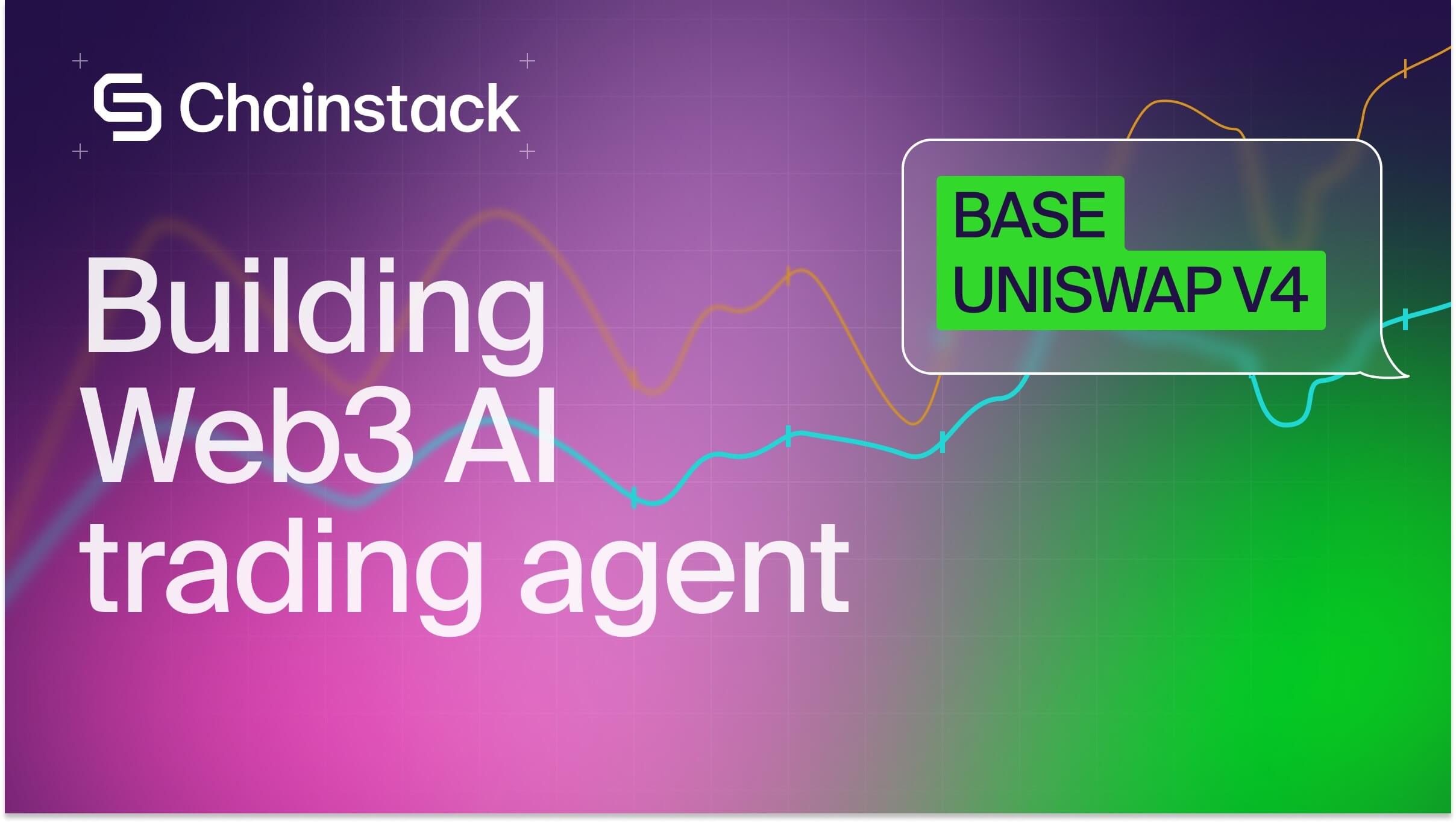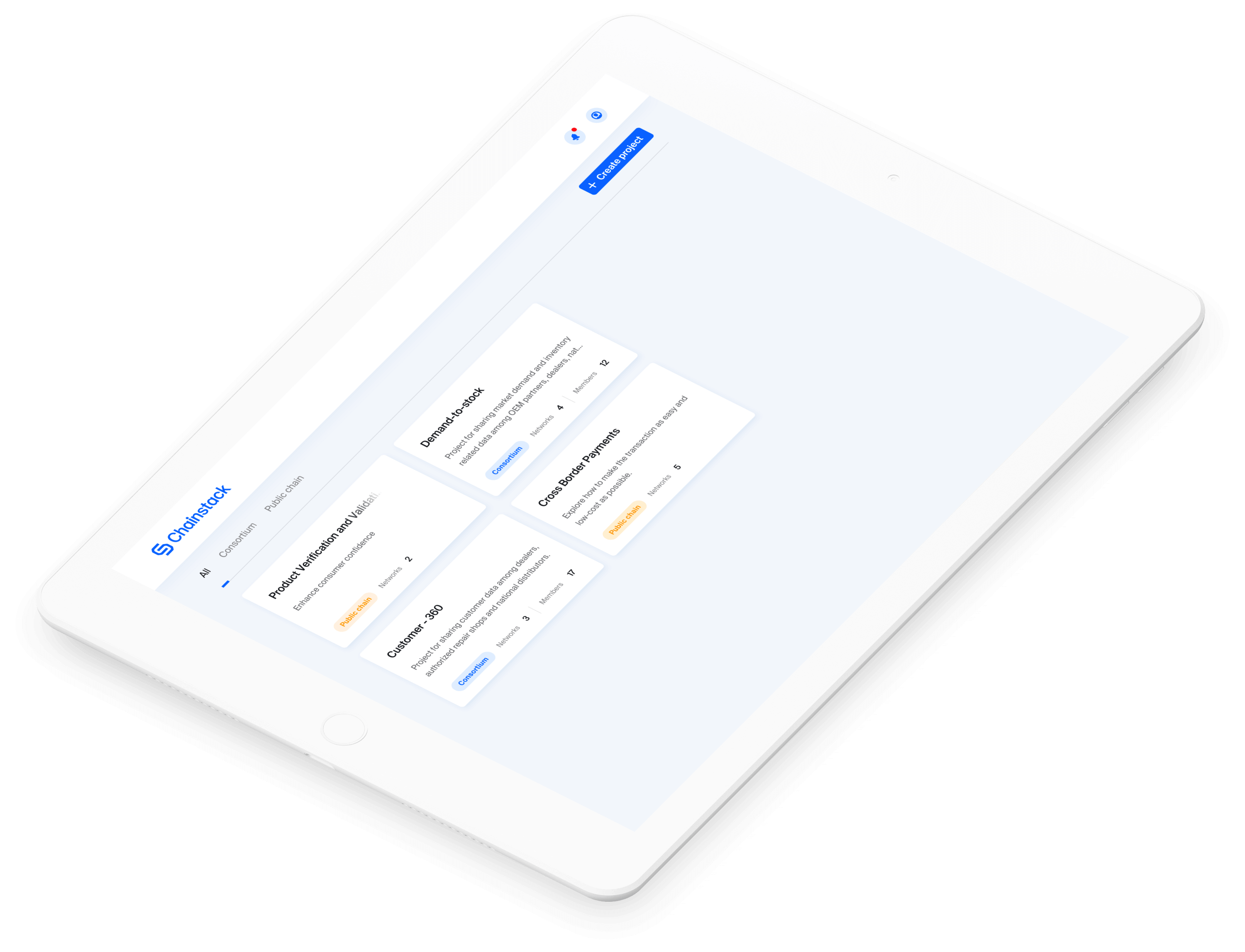Solana faucet now available on Chainstack
Solana faucets and dev airdrops have always been scattered, rate-limited, or throttled when you need them most. So we built one that just works: fast, reliable, and native to the Chainstack console.
Access to free Solana is a critical part of building on Solana, whether you’re testing programs, simulating mainnet behavior, or deploying new features. Most public options, however, are overloaded, Discord-gated, or offline just when you need them.
With Chainstack, developers can request test SOL on Devnet using a built-in Solana faucet, directly from the dashboard.
We’ll cover how the Chainstack Solana faucet works, how to access it, what the daily limits are, and how it fits into early-stage program development on Solana.
What is Solana Devnet Faucet?
A Solana devnet faucet gives developers on-demand access to test SOL when building in Solana’s Devnet environment. Devnet replicates mainnet conditions — including transaction cost, compute limits, and runtime behavior — but uses disposable tokens instead of real SOL.
Test SOL is required to deploy programs, execute transactions, and validate changes in environments that behave like production but carry no financial risk. A faucet exists to remove the funding bottleneck. Without it, provisioning a new dev wallet becomes a blocker.
The faucet now integrated into Chainstack eliminates common failure points seen in public alternatives: unstable endpoints, inconsistent limits, and Discord-gated access. It’s available directly in the platform UI, with no dependencies on third-party infrastructure.
How to use the Solana Devnet Faucet on Chainstack
If you’re wondering how to get free Solana for development, it takes less than a minute.
Here’s how:
- Sign up for a free Chainstack account and verify your email
- Go to Settings → API Keys
- Click Create API Key, give it a name, and copy the key
- Head to faucet.chainstack.com
- Paste your Solana Devnet wallet address and your API key
- Click Claim tokens
You’ll receive 1 test SOL instantly, and can come back every 24 hours to request again.
🔒 Note: To prevent abuse, your wallet must hold a small amount of SOL on Mainnet. This helps ensure the faucet is used by real developers.
Prefer to see it in action? Watch the video tutorial for a step-by-step walk-through:
Why use a Solana Faucet (Dev use cases)
A faucet gives developers a direct way to fund test wallets, which powers everything from basic transaction flows to full end-to-end integration tests. It also enables:
- Deploying and upgrading programs without real capital at risk
- Testing failure cases (reverts, compute budget overruns, signature mismatches)
- Validating token mechanics before launch
- Reproducing bugs found in production environments
- Running local simulations at scale, synced to Devnet
It’s the same idea behind a Solana airdrop – a way to bootstrap development without real funds. But while Solana airdrops tend to be sporadic or tied to marketing events, a faucet is always available and predictable.
Mainnet vs Devnet vs Testnet — Which One Do You Need?
Solana runs on multiple networks, each serving its role. If you’re writing and deploying programs, testing validator behavior, or preparing a production rollout, the environment you choose will directly affect how you test, what breaks, and what it costs.
Chainstack’s faucet supports Devnet, which is where most teams start. If you need test tokens for Testnet, you’ll need to grab them from a public Solana testnet faucet. And if you’re on Mainnet, funding is on you.
| Network | What it’s for | Faucet Support |
| Devnet | Fast iteration, program testing, CI flows, and integration debugging. Devnet resets regularly and uses disposable tokens. | ✅ Yes (supported via Chainstack faucet) |
| Testnet | Solana Labs’ validator testing ground. Used for upgrades and protocol-level simulations. | 🚫 No (use a public Solana testnet faucet) |
| Mainnet | Real value. Final deployment. Live users. Every transaction is permanent and costs real SOL. | 🚫 No faucet (use funded wallets only) |
For most projects, Devnet is the starting point: fast, resettable, and frictionless. Testnet is better suited for low-level protocol testing or validator experimentation. Mainnet is where users and assets are real and where mistakes carry cost.
Daily Limits & Request Frequency
Each wallet can request tokens once every 24 hours. If a request is made before the window resets, the system will return an error showing how much time remains.
The faucet uses a top-up model, not a fixed drop. If your Devnet wallet already holds close to the daily allocation cap, the faucet may send a reduced amount, or none at all.
Requests must be authenticated with a valid Chainstack API key, which you can generate from your dashboard under Settings > API keys.
Summary
Solana development depends on fast, reliable access to test SOL. Without it, deploying, debugging, or simulating production logic becomes slower than it needs to be.
That’s why we built the faucet directly into Chainstack — giving developers a stable way to fund Devnet and Mainnet beta wallets from the same platform where you already manage nodes, keys, and infrastructure.
Further reading
- Need testnet tokens beyond Solana? Chainstack also supports multi-chain faucets for Sepolia, Holesky, BNB Smart Chain, zkSync, Scroll, TON, and more.
- How to get a Solana RPC endpoint: Learn how to deploy and configure high‑performance Solana RPC nodes across regions.
- Solana developer guide: Dive into Solana account structure, program deployment, Web3.js usage, and best practices.
FAQ
Yes, faucets are the standard way to get test SOL for development. Chainstack’s faucet is built directly into the platform, so there’s no need to rely on Discord bots or unreliable third-party links.
You can request test SOL once every 24 hours per wallet. The limit resets automatically, and top-ups are only sent if your wallet holds less than the allowed max.
 Ethereum
Ethereum Solana
Solana Hyperliquid
Hyperliquid Base
Base BNB Smart Chain
BNB Smart Chain Monad
Monad Aptos
Aptos TRON
TRON Ronin
Ronin zkSync Era
zkSync Era Sonic
Sonic Polygon
Polygon Unichain
Unichain Gnosis Chain
Gnosis Chain Sui
Sui Avalanche Subnets
Avalanche Subnets Polygon CDK
Polygon CDK Starknet Appchains
Starknet Appchains zkSync Hyperchains
zkSync Hyperchains



























